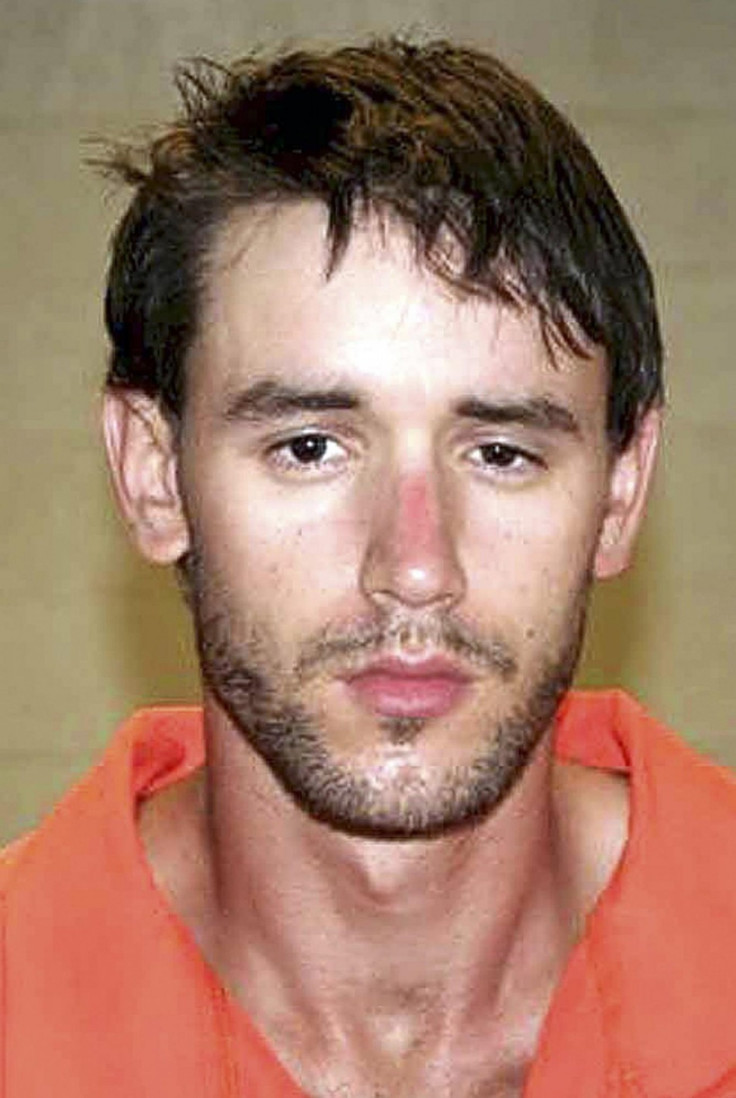Conn. Home Invasion: Joshua Komisarjevsky Condemned to Death

Joshua Komisarjevsky was condemned to death on Friday for killing a woman and her two daughters during the 2007 Petit home invasion in suburban Connecticut.
The jury deliberated for five days before delivering the sentence, eventually deciding to have Komisarjevsky join accomplice Steven Hayes on death row for the horrific crimes committed against the Petit family. In that case, Komisarjevsky and Hayes, both paroled burglars, tormented a family of four in New Haven, Conn., before sexually assaulting and killing the mother and daughters.
The Petit trials, which drew comparisons to the case detailed in Truman Capote's In Cold Blood, have led to harsher state laws against repeat offenders and those guilty of home invasion, and the brutal details of the case helped defeat a bill that would have abolished the death penalty in California.
'It was evil. It was vicious'
Komisarkevsky, 31, was found guilty on Oct. 13 of sexually assaulting and killing 11-year-old Michaela Petit and murdering both 17-year-old Hayley Petit and Jennifer Hawke-Petit, the girls' mother. He was convicted on six federal offenses and 17 total counts following accomplice Hayes' conviction and death sentence.
In the closing arguments, prosecutors said Komisarjevsky and Hayes created the ultimate house of horrors, inflicting both extreme physical and horrific psychological pain on their victims.
During the initial trial, prosecutors outlined the 2007 Conn. home invasion in grisly details, describing how the two men incapacitated Dr. William Petit with a baseball bat and tied him up before tying the Petit girls to their beds.
After Steven Hayes forced Jennifer Hawke Petit to drive him to the bank to get $15,000, both Hawk-Petit and the 11-year-old Michaela were sexually assaulted before the men fled, and lit a fire to cover their tracks. Medical examiner Dr. H. Wayne Carver told the jury the two Petit girls were alive and conscious when they suffocated from severe burns and smoke inhalation.
It was shockingly brutal. It was evil. It was vicious, prosecutor Gary Nicholson said of the Conn. home invasion.
Survivor, Dr. William Petit, the father and husband of those killed, appeared calm as the verdict was pronounced, his eyes blinking rapidly and his hand clenched in a fist on the seat in front of him. He later bowed his head and closed his eyes.
History of Sexual Abuse, Mental Problems
Both men convicted in the Conn. home invasion and triple killing blamed each other for the crime.
Defense attorneys for Komisarjevsky, who did not testify at his trial, pointed to a history of sexual abuse and mental problems but said that he was reconciled to the decision.
Komisarjevsky claimed he was repeatedly sexually abused by his foster brother from age 4 to 6, and that he was burn multiple times with a lit cigarette. He was also raped again when he was a teenager by someone he trusted, though he wouldn't name the rapist in court.
Once he reached nine, he was suffering from a mood disorder that included bouts of severe depression and possibly psychosis.
Sexual abuse and years of drug problems were also combined with markedly slow mental abilities, creating a perfect storm of psychological issues.
A neuroscientist in the first trial testified that Komisarjevsky was sexually abused, burned, and beaten as a child, impairing many of his mental faculties and leading to a life of impaired cognition and constant drug use. He's just too damn slow, said Dr. Leo Shea, whose battery of brain tests show Komisavjevsky scoring in the bottom 2-4 percentile in most of them.
'The only option he had was to go through life damaged.'
Before sentencing, defense lawyers also focused heavily on the Komisarjevsky family's strict evangelical upbringing and its effect on the man's psyche. According to testimony, the family's church believed that the end of the world was near and that outsiders were potential agents of the devil.
By the time he was a teenager, Komisarjevsky had been hospitalized after setting a vacant gas station on fire, saw demons with glowing eyes in his bedroom, and began to have homicidal thoughts about his father. His sister claims that he sexually abused her for years.
The hospital who admitted him for the fire when he was 15 advised his foster family to put him on anti-depressants and recommended therapy. Instead, they sent him to a religion-based treatment center in Vermont and attempting an exorcism.
The only option he had, defense attorney Walter Bansley said, was to go through life damaged.
'A Sentence of Mercy'
Komisarjevsky showed no reaction when the death sentence was read, and despite blaming Hayes for orchestrating the Conn. home invasion and killings, defense attorneys say he is at peace with the jury's decision.
He's very accepting, Bansley said, according to The Post. He's been realistic from the beginning and he understood that public sentiment is very much against him.
In his prison diaries, which were published before his trial, Komisarjevsky both anticipated and welcomed the trial's verdict.
I am what I am and make no excuses, he wrote shortly after his taped confession. I am a criminal with a criminal's mind, and my anticipated death sentence will be a sentence of mercy.
This is in contrast to accomplice and accused ringleader Steven Hayes, who is recorded as having smiled when his verdict was read.
© Copyright IBTimes 2024. All rights reserved.





















